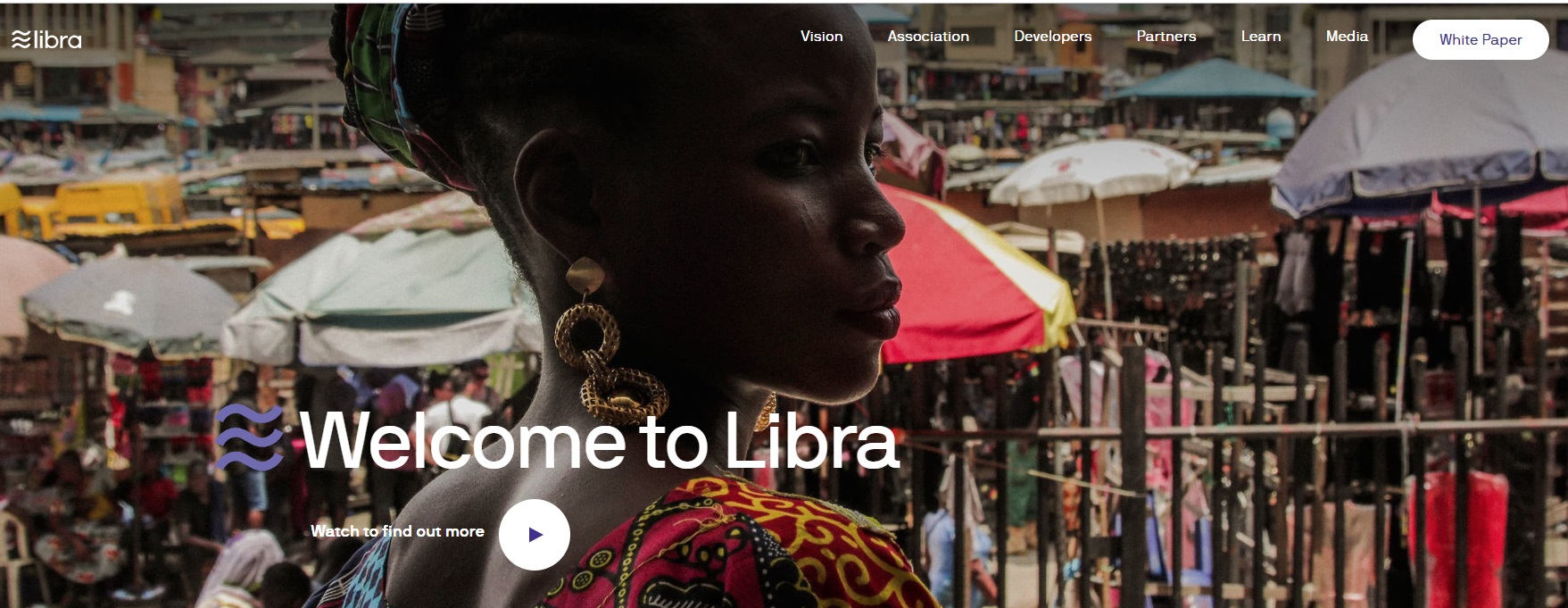After months of anticipation, Facebook has just unveiled its cryptocurrency, dubbed Libra. There is a lot of information to unpack, and The Block has distilled the announcement into the most important points.
1. “Low-volatility” cryptocurrency
Through a separate entity called the Libra Association, Facebook has announced the launch of “low-volatility” cryptocurrency Libra. The cryptocurrency is powered by the Association’s native smart contract blockchain platform called Libra Blockchain that’s designed to be “secure, scalable, and reliable.” The Association said it is mainly working on addressing two problems with the cryptocurrency; banking the unbanked and facilitating low-fee money transfers globally.
2. Governed by non-profit
Libra’s governing body, the Libra Association, is a non-profit based in Geneva, Switzerland, which will eventually have 100 geographically diverse founding members. The current founding members include Uber, PayPal, Visa and Silicon Valley investment powerhouse Andreessen Horowitz (a16z), among others. No member will control more than 1% of the blockchain network, the Association said.
3. Plans to transition to permissionless
Libra is starting on a permissioned blockchain, meaning (unlike Bitcoin) only founding members will have access to the network. But there are plans for Libra to transition into a permissionless network over time, meaning “no single party will be able to unilaterally change the rules of the network.” The Association says that for the Libra Blockchain to operate as a “true public service,” the network eventually has to be permissionless. Note: Libra Blockchain currently uses Byzantine Fault Tolerant (BFT) consensus protocol and is based on VMware’s HotStuff framework.
4. Pseudo-anonymous transactions
Much like public cryptocurrencies, Libra’s all non-custodial transactions will be pseudo-anonymous. It means that the cryptocurrency’s transaction amount, timestamp, and public blockchain addresses will only be visible to members on the network. The Association added it will not hold personal data on people who use the blockchain. Products such as custodial wallets can complete transactions off-chain and will likely require customers to comply with Know Your Customer (KYC) regulations.
5. Libra’s reserves
Reserves backing Libra will consist of a collection of “low-volatility” assets like bank deposits and government securities in currencies from stable central banks like USD, GBP, EUR, and JPY. Libra is “not pegged to a single currency and does not have a fixed value in any real-world currency.”
6. Security token offering (STO)
Libra will also issue a security token called Libra Investment Token as a way to fund incentive programs and cover operating costs. They will be only available to accredited investors as securities. Holders can earn potential profits from interest on the reserves.
7. Costs to run a node
Enterprises who serve as validator nodes have to make an initial minimum investment of $10 million worth of Libra Investment Tokens issued by the Association. It is estimated by the Association that running validator nodes will incur annual costs of approximately $280,000. However, NGOs, Multilateral Organizations, social impact partners (SIPs), and universities do not need to make an investment to join the association, but they do have to support the running of their node.
8. FinCEN registered entity
Facebook has created Calibra, a Financial Crimes Enforcement Network (FinCEN)-registered subsidiary to ensure “separation between social and financial data and to build and operate services on its behalf on top of the Libra network.” Calibra registered with FinCEN as a money services business (MSB) in February to operate in all 50 U.S. states as well as nine commonwealths and territories. Calibra’s MSB registration number is 31000141265767.
9. Regulations
Developers building on the Libra Blockchain will have a responsibility to comply with the laws and regulations in the jurisdictions in which they operate. Libra Blockchain itself will not be regulated.
10. Launch in 2020
Libra cryptocurrency and the underlying blockchain network are set to launch next year. The testnet will be released in the coming weeks. The developers will be able to read, build, provide feedback, and take part in a bug bounty program.
All trademarks, logos, and images displayed on this site belong to their respective owners and have been utilized under the Fair Use Act. The materials on this site should not be interpreted as financial advice. When we incorporate content from other sites, we ensure each author receives proper attribution by providing a link to the original content. This site might maintain financial affiliations with a selection of the brands and firms mentioned herein. As a result, we may receive compensation if our readers opt to click on these links within our content and subsequently register for the products or services on offer. However, we neither represent nor endorse these services, brands, or companies. Therefore, any disputes that may arise with the mentioned brands or companies need to be directly addressed with the respective parties involved. We urge our readers to exercise their own judgement when clicking on links within our content and ultimately signing up for any products or services. The responsibility lies solely with them. Please read our full disclaimer and terms of use policy here.

